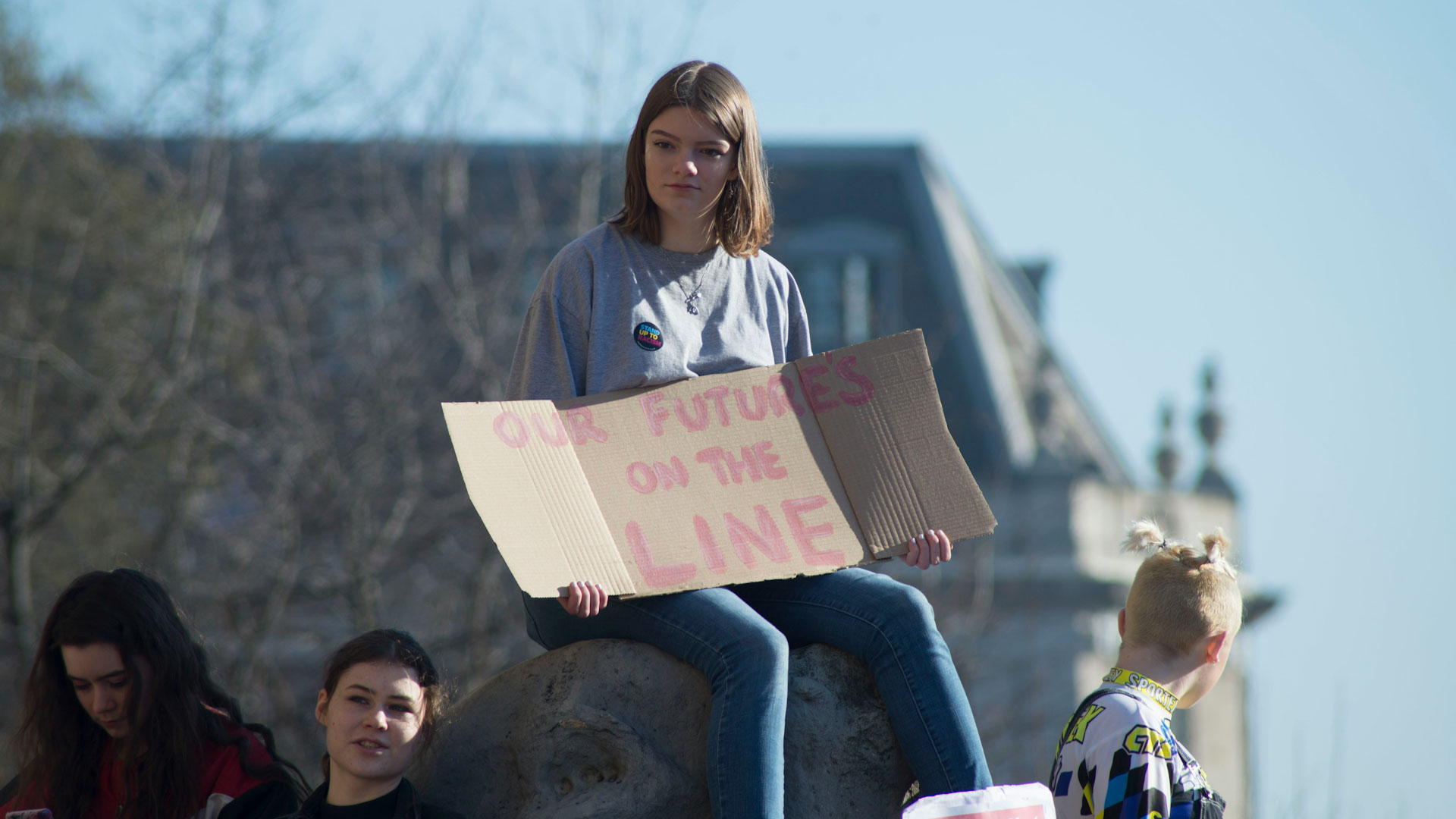The news we’ve all been waiting for has arrived: the UK government is lowering the voting age to 16 for all elections. This is, in the government’s own words, a “seismic change”, and one that is broadly welcomed across youth and educational organisations. It’s a resounding affirmation of the vital role young people play in shaping our nation’s future, and a significant step towards a more inclusive and representative democracy.
However, amidst this celebration, a crucial caveat must be unequivocally stated: the success of the policy is inextricably linked to a robust and comprehensive implementation of political and media literacy education.
Without essential foundational knowledge of how government and democratic institutions work and the strong critical thinking skills to resist manipulation, we risk creating a generation of voters susceptible to mis- and disinformation. In the context of an information environment which is becoming ever more unreliable, this also runs counter to the democratic principles the government seeks to strengthen in its proposed elections bill.
Read more:
- Marginalised, sceptical and locked out of housing: Why young people didn’t vote in the general election
- Vast majority of Brits feel powerless over local decisions – and it’s eroding trust in politics
- No, Gen Z don’t want the UK to be ruled by a dictator
In our work at Shout Out UK we’ve witnessed, through our work combating disinformation and extremism nationwide, how easily individuals can be swayed when lacking the critical thinking skills to evaluate information. Consider the stark lessons from Wales, where votes at 16 was introduced without political and media literacy education alongside. The result was a low turnout and reports of young people feeling unprepared. A poll for ITN, widely reported on this week, found that almost half of 16- and 17-year-olds do not feel the voting age should be lowered. The poll did not delve into the reasons why this might be the case, but our own experience suggests this is because they may not feel adequately prepared or informed to vote.
Hand in hand with the increasing and alarming lack of trust in politicians and democratic institutions among young people, the urgent case for comprehensive political and media literacy education is clear.






